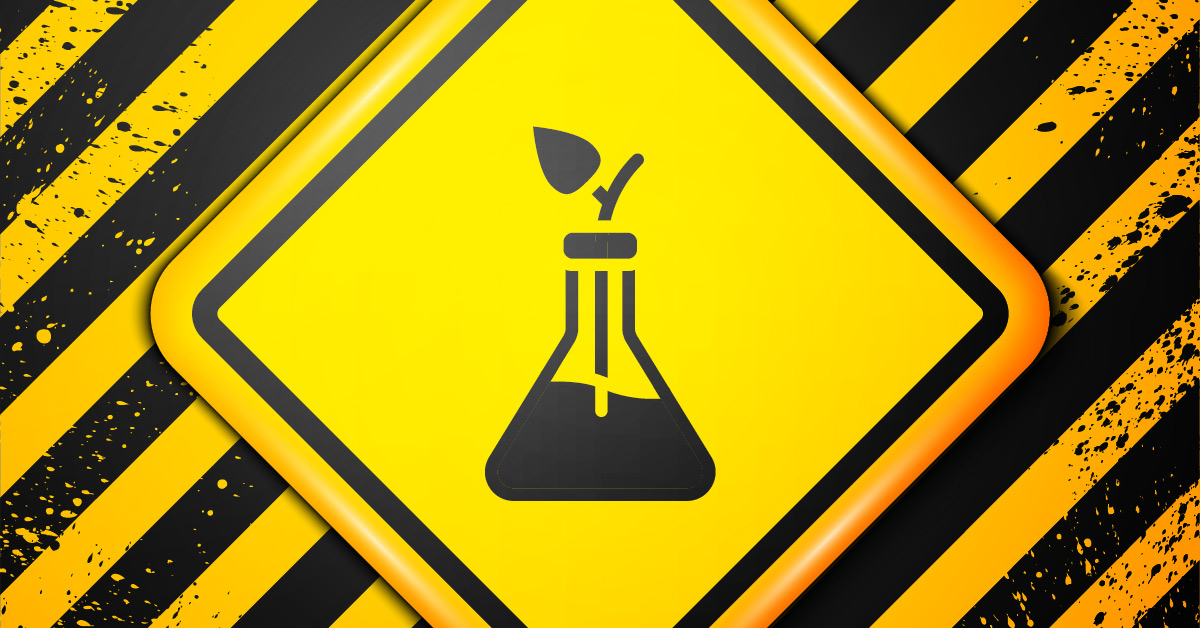 Decision puts human health, nature, and farmers’ rights at risk
Decision puts human health, nature, and farmers’ rights at risk
In its final plenary session, the EU Parliament endorsed the EU Commission’s proposal to widely deregulate the new generation of GMOs – products of so-called “new genomic techniques”, or NGT.
Friends of the Earth Europe commented: "This decision positions the EU for even greater deregulation than in the United States of America. The approved legislative proposal grants corporations the right to market new GMOs without any type of safety, monitoring and liability obligations, putting human health, nature, and farmers’ rights at risk."
Mute Schimpf, food and farming campaigner at Friends of the Earth Europe said: “Today’s decision is a blow to food and environmental safety. It endorses a path that leaves nature, the food sector, and farmers vulnerable while bolstering profits and unchecked power for big corporations.”
Friends of the Earth Europe added, "The Commission’s proposal exempts new GMOs from safety checks for impacts on human health and the environment. It also removes corporations selling new GMOs from rigorous scrutiny and liability in case of harm. This shift weakens the fundamental precautionary principle underlying European policymaking and the EU’s approach to potentially risky products. Additionally, if the deregulation proposal goes through, the new generation of GMOs would no longer be subject to either the EU Environmental liability directive or national liability schemes applicable to GMOs. This significant gap in coverage has not been addressed by the European Commission, the EU Parliament or the Council.
"Concretely, it means that agrochemical giants like Bayer, Corteva and BASF could minimise the costs associated with bringing new GM products to market but increase their profits from untested seed sales and patent fees, even if their use leads to environmental contamination or threatens farmers’ income by contaminating harvests, all without accountability for potential harm.
"While the United States pressured the EU to emulate their deregulation approach to new GMOs, eliminating safety checks, the EU’s plan goes even further by failing to implement liability processes akin to those in the USA."
The Commission's deregulation proposal now goes back to the European agriculture ministers gathered in the EU Council, which thus far has blocked it. On 7 February 2024, at the last meeting of Member States diplomats during which they discussed the EU Council’s position on the file, Belgium, Bulgaria, Germany, Luxembourg, Slovenia, Poland, Austria, Slovakia, Croatia, Romania, and Hungary did not support the then-current Council text.
Friends of the Earth Europe is calling on the agriculture ministers to continue to block the deregulation of new GMOs and keep them regulated as GMOs, thereby ensuring a balanced approach that prioritises both public and environmental protection.
Some "wins" remain, for now
Currently, some "wins" from the Parliamentary process remain in the proposal, such as:
* Mandatory labelling of category 1 NGT GMOs (those with so-called simple alterations) in food, feed, and seed. In the EU these will be labelled as new genomic techniques (NGT) Cat 1. Category 2 organisms (those with complex alterations and/or foreign genetic material) will also be labelled.
* Exclusion of herbicide tolerant plants (but not pesticide-producing plants) from category 1
* Mandatory (document-based) audit trails that will allow traceability of new GMOs throughout the food system
* Pathways to withdraw the authorisation of a gene edited organism if ongoing monitoring reveals problems – BUT the Parliament did not vote to introduce any monitoring, so in reality, no problems would be detected
* Clearer reporting rules on the effects on biodiversity and the environment
* Strengthened risk assessment for category 2 NGT GMOs (including looking at impacts on organic farming)
* Requirements for the EU reference laboratory to confirm developers’ claims that there are no detection methods for their genetic creations.
However, the EU Parliament rapporteur, Jessica Polfjärd, is pro-GMO and pro-deregulation and she alone will negotiate in the Council. No other MEP will speak. She has a democratic duty to defend the "wins" of the Parliament – but will she? Time will tell.
The first Parliament requirement listed above, for mandatory labelling of category 1 NGT GMOs, increasingly isolates the UK (Westminster) government, which is determined to avoid labelling so-called "precision bred" GMOs (roughly equivalent to category 1 NGTs) to give any indication of their genetically engineered status.